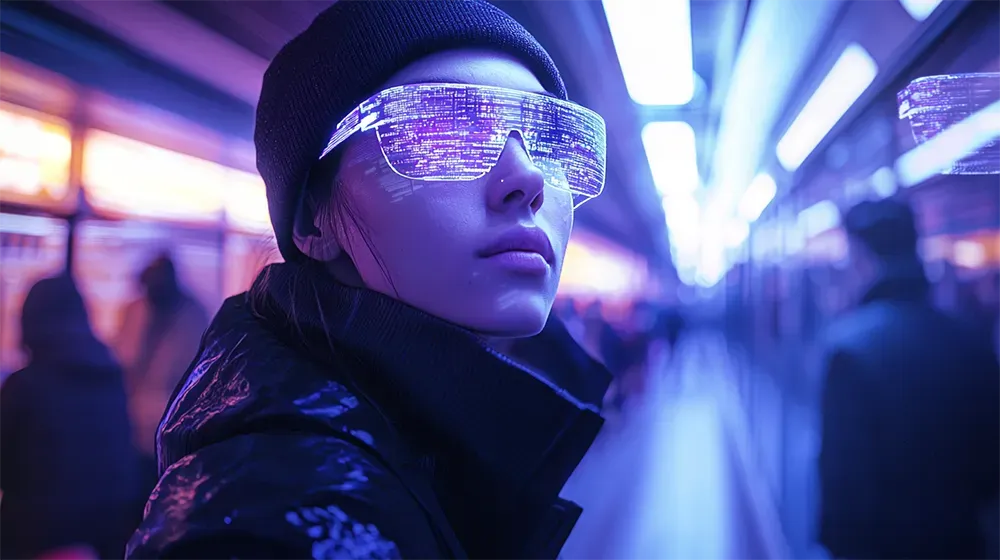Smart Glasses: A Real-Life Black Mirror Episode?

What if a pair of glasses could expose your name, address, and phone number with just a glance? Welcome to the future of privacy invasion—straight out of Black Mirror.
Two Harvard students, AnhPhu Nguyen and Caine Ardayfio, recently developed “I-XRAY,” a tool that uses Meta’s Ray-Ban smart glasses in combination with facial recognition technology to dox people in real-time. By pairing the glasses with PimEyes, a reverse face search engine, and public databases like FastPeopleSearch, I-XRAY can instantly pull up personal details, including home addresses and family information. They provided detailed instructionson in how they developed the system.
Are we ready for a world where our data is exposed at a glance? @CaineArdayfio and I offer an answer to protect yourself here:https://t.co/LhxModhDpk pic.twitter.com/Oo35TxBNtD
— AnhPhu Nguyen (@AnhPhuNguyen1) September 30, 2024
It’s unsettlingly reminiscent of the Black Mirror episode “Nosedive,” where everyone’s social status is publicly rated through an app, creating a world where privacy is nonexistent and personal data is weaponized.
While the students claim their goal is to raise awareness about privacy concerns, the technology itself highlights the growing risks of our increasingly interconnected and exposed digital lives. The ability to identify strangers instantly takes the familiar "doxxing" phenomenon to a whole new level. In a world where smart glasses blend seamlessly into everyday fashion, people may be unaware that they’re being recorded, let alone having their personal information scraped and analyzed.
The Black Mirror comparison is not far-fetched. In "Nosedive," the protagonist lives in a world where personal interactions are constantly rated, reducing everyone’s identity to a score. Similarly, with I-XRAY, strangers can know intimate details about you in seconds, without consent. The power of this tech doesn’t just lie in its novelty but in its potential for misuse. The implications are far-reaching: stalkers, identity thieves, and anyone with malicious intent could exploit these tools, making the simple act of walking down the street a risky venture.
Meta’s Ray-Ban glasses do include a privacy light designed to signal when they’re recording, but as the article notes, the light is barely noticeable in bright environments, and many people don’t realize they’re being filmed. The potential for abuse is enormous, especially when combined with widely available facial recognition technology and AI tools like large language models (LLMs) that can automate data extraction.
The rise of such technology should prompt serious discussions about the limits of surveillance and the right to privacy. Are we willing to sacrifice anonymity for convenience, or are we entering a world where privacy is a privilege of the past?
Read the full article on 404 Media.
----
💡 We're entering a world where intelligence is synthetic, reality is augmented, and the rules are being rewritten in front of our eyes.
Staying up-to-date in a fast-changing world is vital. That is why I have launched Futurwise; a personalized AI platform that transforms information chaos into strategic clarity. With one click, users can bookmark and summarize any article, report, or video in seconds, tailored to their tone, interests, and language. Visit Futurwise.com to get started for free!






